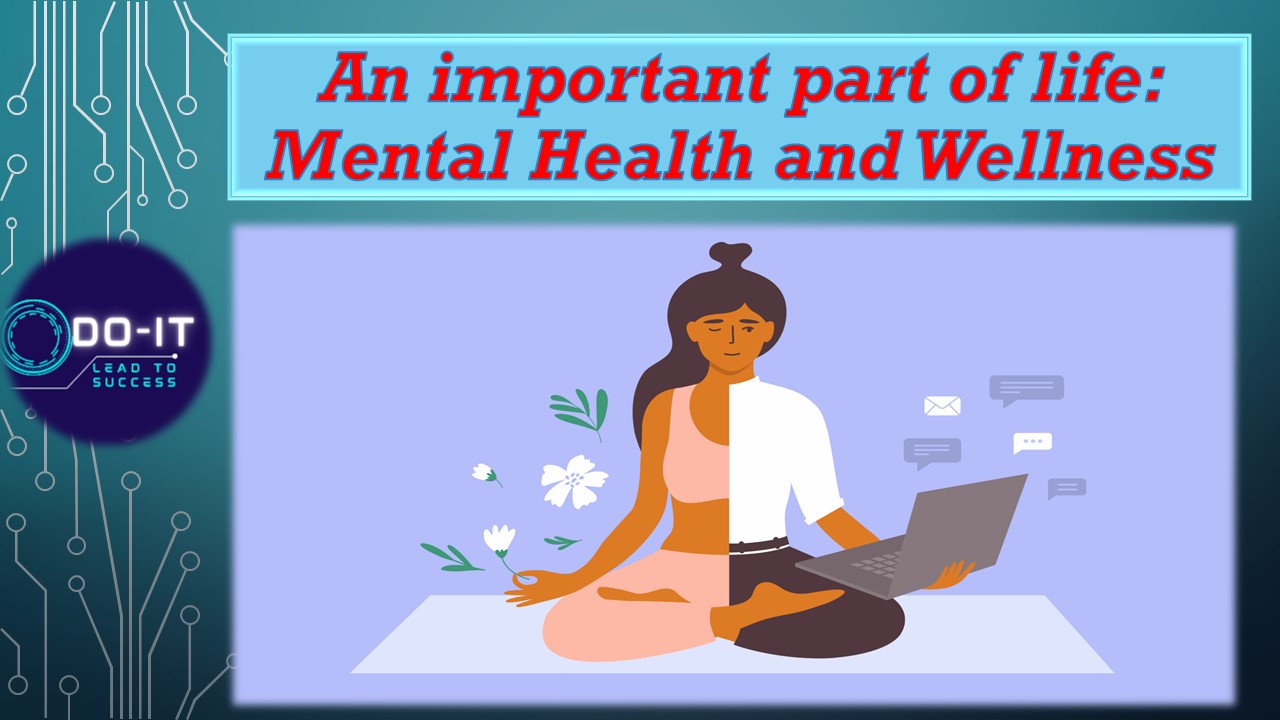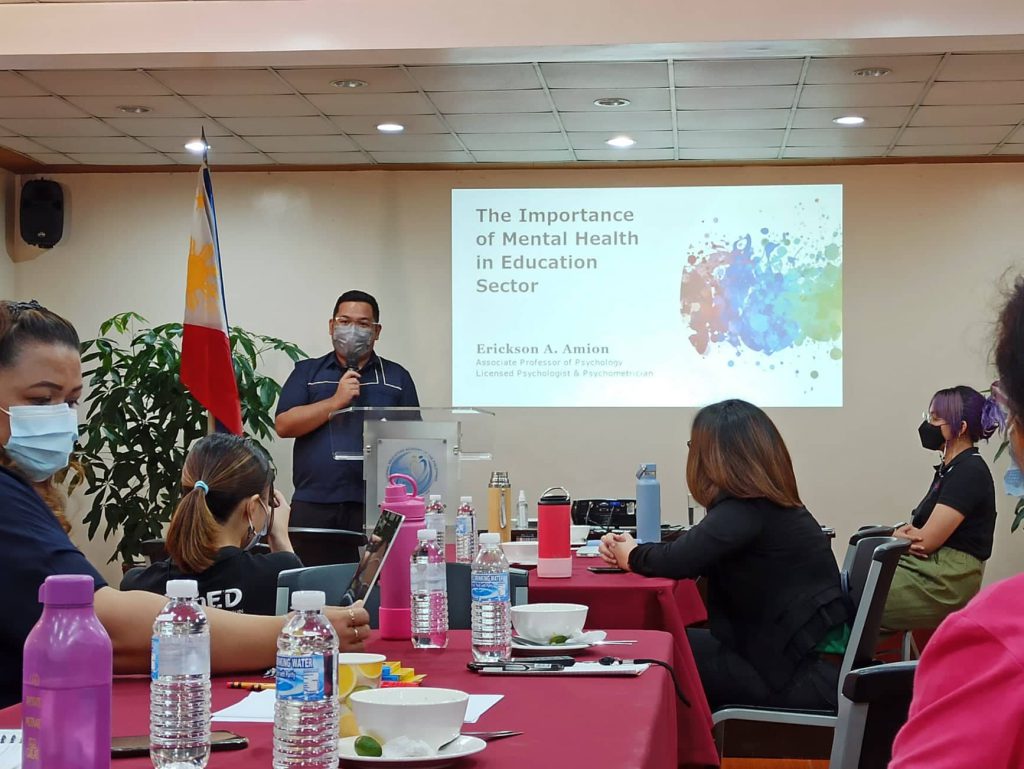We’ve only initiated talking about mental health. But the truth is, it has been part of our day-to-day lives, whether we admit it or not.
When it involves the subject of mental health, people typically fall into one of three categories: (1) those who reject the reality of mental health issues; (2) those who recognize them but disregard the necessity of taking prompt action; or (3) those who believe that having good mental health is vital to leading a happy, stable, and successful life.

Unsurprisingly, the vast majority of us belong into the latter category. We should be far past the point where mental health awareness is a topic of conversation, but it has been for years. The more crucial issue nowadays is comprehending how mental health skills might be applied to our daily life. This is education in mental health.

The way that different nations see mental health is in a distinct stage of development. In some of the most developed, individuals have grown to rely on medication to treat even the most minor issues. Several societies say resilience is the only thing one needs to overcome mental health difficulties, and the rest will fall into place.
While there has been considerable progress made in the Philippines, with many more people now aware of and knowledgeable about mental health as a real and significant health concern, it is also true that there’s more to achieve.
The prolonged absence of adequate mental health care and practices has started to have a direct impact on many members of the younger generations. The school environment is one way to assist address this.

The school owners and managers must constantly take the initiative to design campuses that offer safe spaces not only for students but also for instructors and administrators. Before they can be prepared to provide and sustain a similar area for their young residents, they must first identify the necessity for such a setting and uphold appropriate mental health practices within their own ranks.
They must take the three measures to establish a secure mental health environment at school:
Create the necessary policies and programs. Every effective program is based on policies and how they are supported and carried out. Creating mental health-related events at school, raising sensitivity to the issue, and providing a safe channel for students to contact mental health specialists cannot be one-time, ad hoc activities; rather, they must become ingrained in the institutional culture and thinking of the school.

Assist those who are already helping. If the teachers, administrators, and guidance staff are unable to support their own mental health, no policy will be effective. They wouldn’t be able to help students that demand a similar level of support. The elders of the school must be supported in order for them to be able to support students effectively. This will give them the knowledge and inner fortitude they need to reach out to students in an empathic manner, whether it be as simple as a check-in before a class or in-depth one-on-one sessions with each student.
Enhance the extracurricular activities offered to students and the curriculum. It is necessary to adapt the school’s curricula and extracurricular programs to include the study of and skill-building in mental health. Healthy, open dialogues about the topic are essential, and student groups must make extracurricular activities that support mental health a top priority if the stigma around mental health is to be totally eradicated.

LCCS joins the Celebration of 2022 National Mental Health Week – LCC DepEd
The world would ultimately be a better place when we are free to take mental health breaks whenever we need them, when we have access to resources and care services for particular issues, and when attending a mental health professional for a check-up is as prevalent as visiting a doctor for a physical examination once a year or a dentist for a dental checkup.
We may start developing this society by focusing on the impressionable minds of our school-age children, who, paradoxically, are also the most susceptible to mental health stressors as they mature in an ever-more chaotic and rudderless environment. The finest legacy we can leave for kids is a world where empathy and compassion are the norm, making it commonplace for us to inquire about the mental health of those we care about. ”






